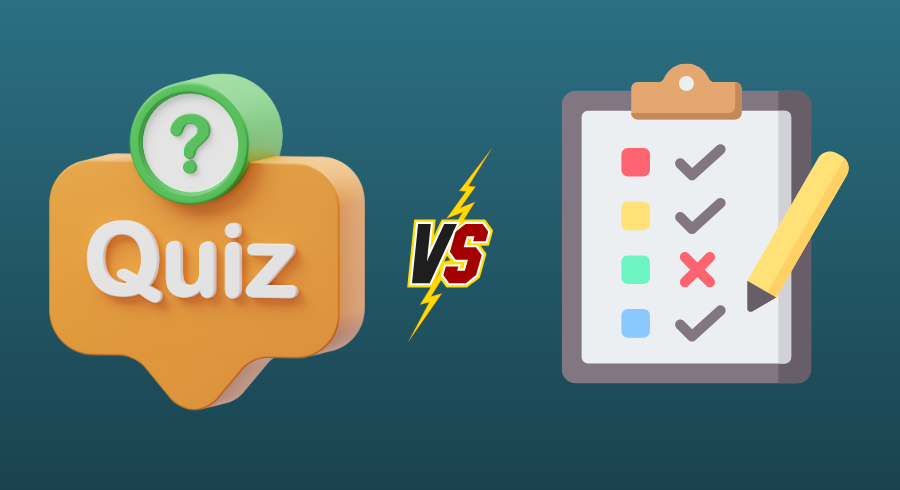The coaching industry is evolving, and so are the marketing strategies needed to succeed. Coaching business marketing trends are shifting toward digital-first approaches, leaving outdated methods struggling to deliver results. Coaches who still rely on traditional techniques, like cold calling or generic email campaigns, risk losing their competitive edge.
Modern clients expect personalized, digital interactions that resonate with their needs and preferences. To grow your coaching business, it’s essential to recognize what’s no longer effective and adopt strategies designed for today’s market. This article will explore outdated marketing strategies, introduce modern marketing for coaches, and showcase actionable steps you can implement right away to drive growth.
Why Outdated Marketing Strategies Fall Short
Some marketing methods that worked in the past no longer meet the expectations of modern coaching clients. Here’s why these outdated strategies fail:
1. Cold Calling
Cold calling is intrusive and often unwelcome. Statistics show that 88% of people won’t answer calls from unknown numbers. This method is inefficient and offers little return for the time invested. Clients are more likely to connect with brands that engage them through trusted platforms or recommendations.
2. Generic Email Blasts
Sending mass emails without personalization is a missed opportunity. According to HubSpot, emails with personalized subject lines are 26% more likely to be opened. Generic messages, on the other hand, are often ignored or flagged as spam.
3. Offline Flyers and Ads
Print materials like flyers used to be effective for local businesses, but today’s audiences are online. Google reports that 76% of consumers search for local services via the internet, making digital visibility crucial.
The takeaway? Traditional marketing methods lack personalization and fail to capture the attention of digital-savvy audiences. Coaches need to adapt to new trends to remain relevant.
Embracing Modern Marketing for Coaches
Modern marketing focuses on building trust, demonstrating expertise, and engaging potential clients through digital platforms. Here are the key trends to adopt:
1. Content Marketing
High-quality content is the foundation of effective digital marketing. Creating valuable resources like blog posts, videos, and guides can position you as an authority in your niche. For example:
- Write a blog about overcoming common client challenges in your field.
- Create video testimonials showcasing the success of your coaching clients.
- Offer a free eBook to help potential clients identify their coaching needs.
2. Social Media Engagement
Platforms like LinkedIn and Instagram are essential for coaches. By sharing insights, success stories, and behind-the-scenes content, you can foster a personal connection with your audience. Use tools like Instagram Stories to host Q&A sessions or LinkedIn polls to engage followers.
3. Video Marketing
Video content builds trust faster than text. Coaches can use platforms like YouTube or Zoom to host webinars, share coaching tips, or offer free mini-sessions. Video allows potential clients to see your personality and expertise in action.
Three Actionable Insights for Coaching Business Growth
Ready to improve your marketing results? Start with these strategies:
- Segment Your Audience: Use email marketing platforms to categorize leads by their interests, goals, or coaching needs. Personalized emails see higher open and click-through rates.
- Leverage Social Proof: Share client testimonials, case studies, or success stories on your website and social media. Positive reviews can increase trust and conversions.
- Offer Free Value: Host a free webinar or provide a downloadable resource like an assessment tool. This attracts leads and positions you as a valuable resource.
The Role of Personalization in Modern Marketing
Personalization is no longer optional—it’s essential. Clients expect marketing efforts to cater specifically to their needs. According to Salesforce, 84% of customers say being treated like a person, not a number, is key to winning their business.
How to Incorporate Personalization
- Email Campaigns: Use tools to send personalized emails based on client behavior. For instance, follow up with leads who downloaded your eBook by suggesting next steps.
- Dynamic Website Content: Tailor website messages based on visitor preferences. For example, returning visitors can see new offers relevant to their previous activity.
- Quizzes and Assessments: Use assessment tools to understand client goals and provide tailored solutions.
Automating Marketing for Scalable Growth
As your coaching business grows, managing marketing manually becomes challenging. Automation tools can streamline your efforts and improve consistency.
Benefits of Marketing Automation
- Lead Nurturing: Automatically send tailored emails based on where clients are in their journey. For example, send a welcome sequence to new subscribers introducing your services.
- Appointment Scheduling: Use platforms like Calendly to automate consultation bookings, saving time for both you and your clients.
- Social Media Scheduling: Tools like Hootsuite allow you to schedule posts in advance, ensuring regular engagement without daily manual effort.
By automating repetitive tasks, you’ll have more time to focus on coaching while still maintaining a professional marketing presence.
Integrating Assessment Tools: Why They’re Game-Changers
One often overlooked but highly effective strategy for growing your coaching business is using assessment tools. These tools not only help attract new clients but also improve the overall client experience. Here’s how they make a difference:
1. Enhance Lead Generation
Offer a free online assessment that evaluates potential clients’ goals and challenges. For example, a leadership coach could create a “Leadership Style Assessment.” Once clients complete it, they’re more likely to book a consultation to discuss their results.
2. Build Trust and Credibility
By providing personalized insights through assessments, you demonstrate your expertise and value upfront. This builds trust and positions you as a knowledgeable and credible coach.
3. Measure Progress
Assessment tools help track your clients’ growth over time, offering tangible proof of your coaching’s effectiveness. This can also serve as powerful marketing content when shared as anonymized case studies.
Compare2Compete offers customized assessment tools tailored to coaching businesses. Whether you want to attract new clients or retain existing ones, these tools provide valuable insights that set you apart from competitors.
Conclusion: Transform Your Marketing for Lasting Success
The landscape of coaching business marketing trends is rapidly changing. Coaches who rely on outdated strategies risk falling behind, while those who embrace modern, personalized approaches thrive. From leveraging content marketing and video to automating repetitive tasks and integrating assessment tools, there’s no shortage of effective strategies to explore.
Ready to take your marketing to the next level? Compare2Compete’s tools can help you attract and retain clients while scaling your coaching business. Explore their solutions today and start growing with confidence.
Take action now—evaluate your current marketing efforts, implement these strategies, and watch your coaching business soar.



